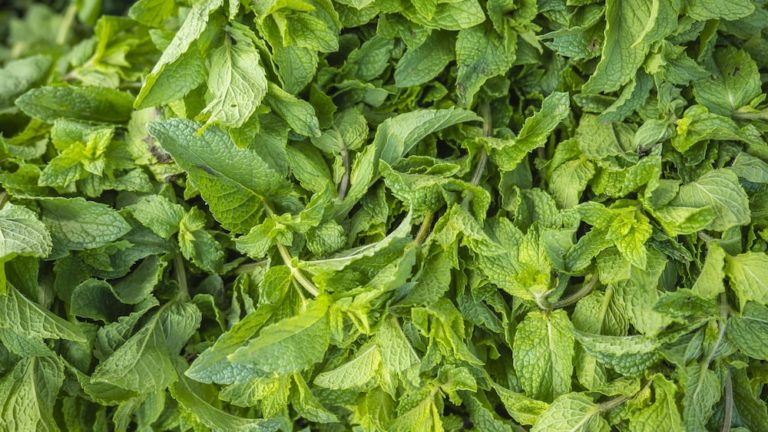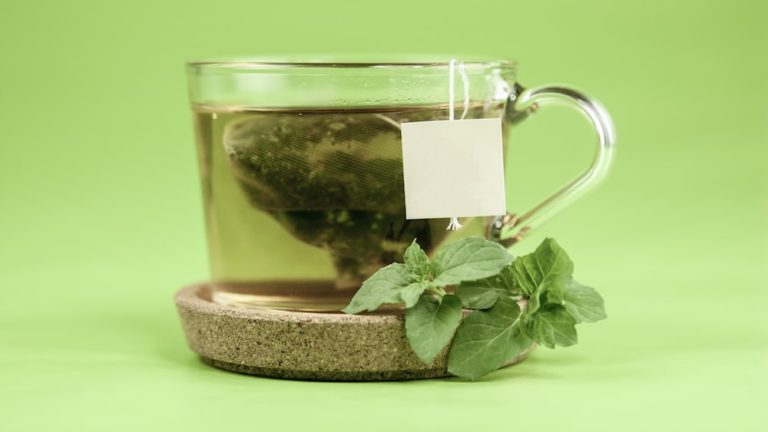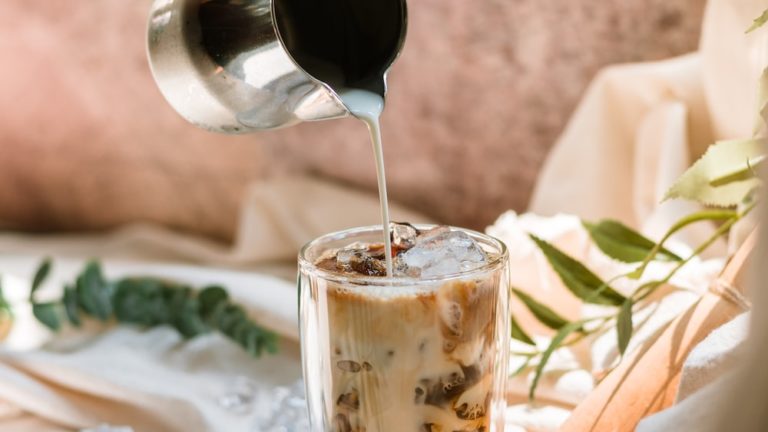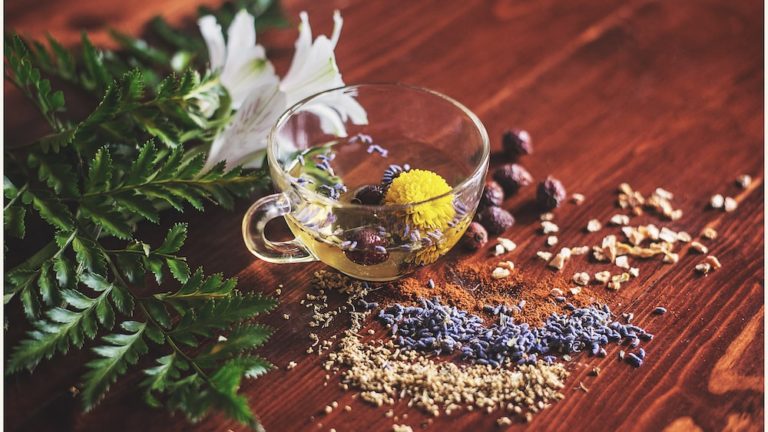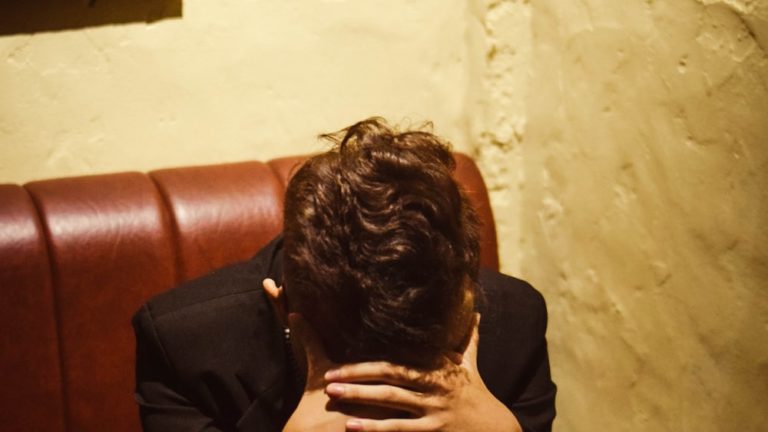Black Tea Caffeine Vs Coffee: The Ultimate Comparison

Black Tea Caffeine Vs Coffee: The Ultimate Comparison
When it comes to kicking off the morning or getting that much-needed mid-afternoon boost, most of us reach for a comforting cup of caffeine. But when the eternal debate of black tea caffeine vs coffee comes up, it’s like choosing between two very persuasive characters, each with its own alluring charisma and promises of vitality.
Key Points:
- Coffee contains approximately twice as much caffeine as black tea.
- Brewing time, temperature, and processing methods influence caffeine levels in tea and coffee.
- Black tea offers a combination of moderate caffeine and L-Theanine for a gentler lift.
- Both black tea and coffee contain antioxidants with different health benefits.
- Cultural preferences and traditions influence the consumption patterns of tea and coffee globally.
- Caffeine, when consumed in moderation, can offer health benefits but may affect individuals differently.
- Understanding the differences between black tea and coffee is essential for choosing the right beverage for your needs.
On one hand, black tea whispers tales of refined elegance and a gentler lift, while coffee bangs on the door with its robust flavor and a promise to kick you into gear. But how do these two caffeine titans really compare? Lean in, dear reader, as we embark on a caffeinated journey to unravel this mystery.
Decoding the Caffeine Content
Let’s dive into the heart of the matter: the caffeine content. This is where black tea and coffee show their true colors, and distinguishing them might just change the way you think about your favorite morning ritual.
The Science of Caffeine in Black Tea and Coffee
Understanding the science behind caffeine in both drinks is key to choosing your champion. Here’s a nugget of truth: caffeine is a mighty stimulant found naturally in the leaves and beans of our beloved beverages. [1]
| Beverage | Average Caffeine Content |
|---|---|
| Black Tea (8oz) | 47mg |
| Coffee (8oz) | 96mg |
This table serves as a bright torch illuminating the path through the dense forest of caffeine choices. Notice how a cup of coffee packs roughly twice the amount of caffeine than a cup of black tea. It’s like comparing a gentle nudge to a hearty push when you need to get moving.
Understanding the difference in caffeine content between black tea and coffee can guide you in selecting the right beverage for your needs.
Factors Influencing Caffeine Levels
What sprinkles a touch of mystery in our beverages is not just the caffeine itself, but the factors that influence its levels. Here’s a glimpse into this intriguing world:
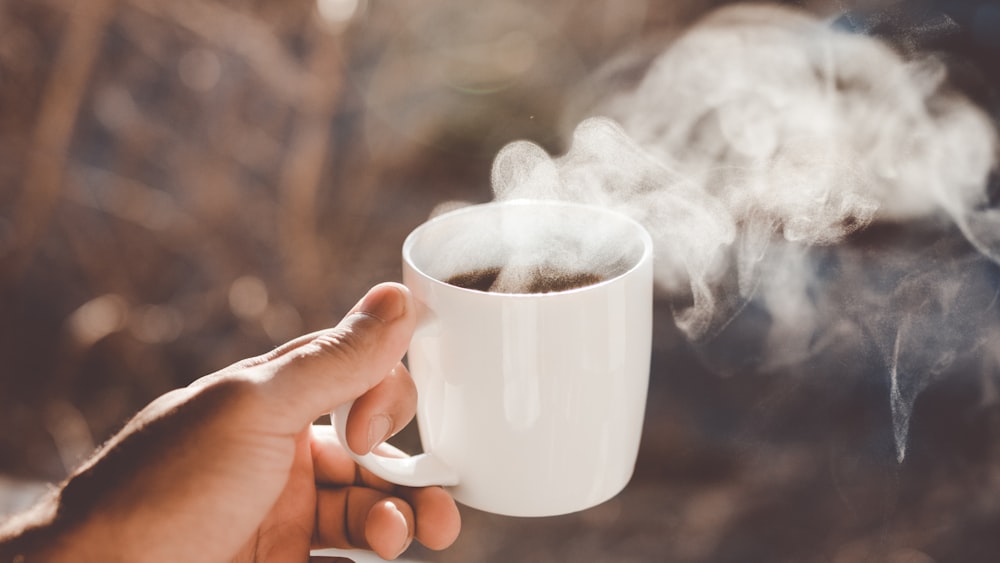
- Type of plant: The type of coffee bean or tea leaf plays a leading role.
- Growing conditions: The soil, climate, and altitude where the plant is grown can change the narrative.
- Processing: How the leaves or beans are treated after harvest can add a twist to the plot.
- Brewing time and temperature: The length and heat of brewing extract caffeine in varying intensities.
Brewing Techniques and Their Impact
Brewing isn’t just art – it’s science, wearing an apron. The way you introduce hot water to tea leaves or coffee grounds could very well dictate your day. Here are a few plot points in the saga of brewing:
- Steeping time: Longer contact with hot water extracts more caffeine.
- Water temperature: Hotter water acts as a better solvent.
- Grind size: Finer grinds expose more surface area, leading to a more potent extraction.
Health Implications and Benefits
Navigating the ebbs and flows of caffeinated waters requires understanding their health implications and benefits. Let’s anchor ourselves with some knowledge before testing these waters further.
Caffeine’s Role in Health and Wellness
Caffeine, when courted respectfully, dances gracefully with our well-being. Its primary role in our health narrative? A stimulant, capable of temporarily warding off drowsiness and restoring alertness.
Numerous studies and research have demonstrated caffeine’s hand in enhancing cognitive performance, reducing risk of certain diseases, and even improving physical strength and endurance. However, this isn’t a one-size-fits-all scenario; while some people can samba with higher amounts of caffeine, others might find themselves stepping on toes. [2]
For those sensitive to its effects, caffeine might lead to anxiety, restlessness, and even headaches. Thus, understanding and modulating your caffeine intake according to your body’s rhythm can make the difference between a harmonious balance and a little too much sizzle in your health dance.
Understanding and modulating your caffeine intake according to your body’s rhythm can make the difference between a harmonious balance and a little too much sizzle in your health dance.
Comparing Antioxidants in Tea and Coffee
When diving into the antioxidants in tea and coffee, one quickly finds a treasure trove of health-enhancing properties, but how do they stack up against each other? Tea, especially black tea, and coffee both come packed with antioxidants, but they play in different leagues with distinctive benefits.
For instance, tea is renowned for its high levels of catechins and theaflavins, substances known for their mighty health-boosting capabilities. Coffee, on the flip side, brings a robust lineup of chlorogenic acids to the table – no slouch when it comes to health benefits.
- Black Tea: Catechins, Theaflavins.
- Coffee: Chlorogenic Acids, Caffeic Acid.
From reducing inflammation to fighting free radicals, both beverages offer something worthwhile. However, the type and amount of antioxidants vary, sometimes making one drink more suitable than the other, depending on your health goals and preferences.
The L-Theanine Difference in Tea
L-Theanine, primarily found in tea, represents a unique edge that tea has over coffee in terms of the overall drinking experience. This amino acid is a game-changer, promoting relaxation without drowsiness – imagine being calm and collected, with your wits sharply assembled like a cozy gathering of wise owls.
- Promotes relaxation without causing drowsiness.
- Enhances focus and attention.
Moreover, when L-Theanine pairs with the caffeine naturally present in tea, it creates a synergistic effect that balances energy and serenity – you’re essentially getting a gentler lift, devoid of the jittery voyage coffee might take you on. If you’re seeking an elixir to smooth out the edges of your day while keeping the gears turning, black tea, with its caffeine and L-Theanine combo, might just be your soul beverage.
L-Theanine in tea promotes relaxation without causing drowsiness and enhances focus and attention, offering a unique edge over coffee for a balanced and serene drinking experience.
Lifestyle and Consumption Patterns
Lifestyle and consumption patterns regarding tea and coffee are as varied and colorful as a vibrant tapestry, touching every corner of the globe with their influences. Whether it’s a morning ritual or a late-night study companion, these beverages weave into the fabric of our days, affecting everything from our wakefulness to our wind-down routines.
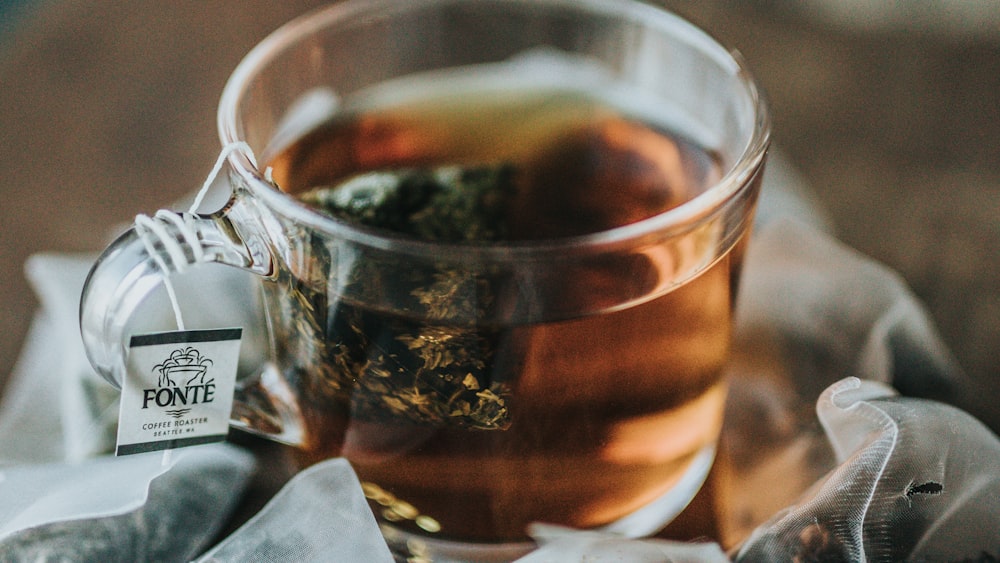
Morning Rituals: Tea vs. Coffee
For many, the morning doesn’t officially start until a cup of their preferred elixir graces their lips. Coffee enthusiasts might argue that nothing beats the robust, eye-opening jolt of a freshly brewed java to kick start the day – like a reliable old friend shaking you awake.
On the other hand, tea drinkers often savour the more methodical approach to their morning cup, finding solace in the ritual of steeping and the gentle awakening that a carefully chosen black tea provides. It’s less of a blast horn and more of a harmonious tune to ease into the day’s demands.
Productivity and Energy Levels: A Comparative Analysis
When it comes to fueling productivity and maintaining energy levels, both coffee and tea have their camps. Coffee, with its higher caffeine content, is often seen as the heavy artillery – the big guns you bring out when you need to storm the castle of drowsiness and seize the day.
However, tea, particularly black tea with its moderate caffeine and L-Theanine, offers a more nuanced approach. It’s like having a savvy counselor by your side, advising you to marshal your energies wisely for sustained attention and performance instead of a mad dash.
Tea offers a nuanced approach to sustaining energy levels for improved attention and performance compared to coffee’s heavy caffeine boost.
Cultural Preferences and Trends
Cultural preferences and trends reflect the diversity and richness of the global tapestry, with tea and coffee carving out their niches in different regions.
- Asia: A strong tradition of tea drinking, with an emphasis on ceremonies and green tea.
- America and Europe: Coffee predominates as the quick-fix energizer and social lubricant.
- Middle East: Tea and coffee share the stage, often linked to hospitality and social occasions.
The choice between tea and coffee can be as much about identity and tradition as it is about flavor or caffeine content. It’s fascinating to see how these preferences shift with the winds of global trends, yet some elements remain steadfastly anchored in the cultural bedrock.
FAQs
1. How does the caffeine content in black tea compare to that in coffee?
The caffeine content in black tea often falls beneath that of coffee, illustrating a noticeable difference. Generally, a cup of coffee packs more caffeine than a similar quantity of black tea, providing a stronger stimulant effect.
2. Can the way tea or coffee is brewed affect its caffeine content?
Indeed, the method of brewing tea or coffee can significantly influence their caffeine content. Factors such as brewing time, temperature, and the ratio of water to grounds or leaves can alter the amount of caffeine extracted, making the beverage stronger or weaker in terms of stimulant effect.
3. Are there health benefits unique to black tea or coffee due to their caffeine?
Caffeine, when consumed in moderation, confers distinct health benefits in black tea and coffee. Black tea, with its lower caffeine content, may minimize the risk of anxiety and restlessness, while coffee’s higher dose can offer more pronounced mental alertness and metabolic benefits. [3]
4. How do cultural perceptions of tea and coffee differ globally?
Globally, cultural perceptions of tea and coffee vary dramatically, with tea often seen as a ritualistic, calming drink in many Asian and British cultures, while coffee is viewed as a morning invigorator, essential for productivity in much of the Western world.
Conclusion
Exploring the realms of black tea caffeine vs coffee reveals a fascinating landscape of flavors, rituals, and health implications. Whether you’re a die-hard coffee fanatic aiming to switch lanes or a tea enthusiast curious about exploring different beverages, understanding these differences is crucial. Most importantly, always remember that enjoyment in sipping comes not just from the drink itself but from the health benefits and moments of tranquility or stimulation it provides. So, here’s to your health, happiness, and finding the perfect cup for your daily rhythm. Until next time, keep steeping and brewing with love, Zoe.

